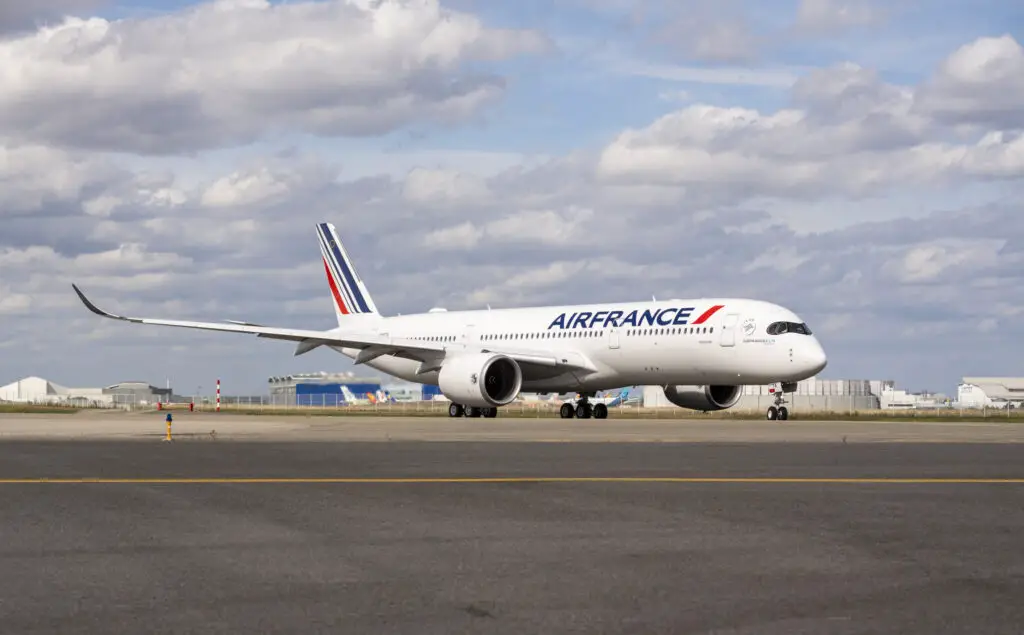Air France has just launched its new plan to reduce emissions from its operations, in line with the objectives of the Paris Agreement to limit Global Warming and accelerate its environmental transition.
Air France ACT’s three priorities, with which they aim to reduce 30% of emissions by 2030 compared to 2019, are:
- Priority reduction of direct emissions generated by Air France operations,
- Reduce indirect emissions, generated upstream and downstream of the company’s activities,
- Support projects that absorb CO2 from the atmosphere.
«This objective excludes so-called «offsetting» actions to consider measures that exclusively reduce direct and indirect emissions. It corresponds to a 12% reduction in the company’s total emissions between 2019 and 2030, in line with the expected changes in activity, following a 6% reduction achieved between 2005 and 2019,» the airline assured.
To accelerate the decarbonization process of its operations, Air France is implementing a series of actions aimed at reducing and/or avoiding emissions. These include:
- The renewal of the fleet, with more fuel-efficient latest-generation aircraft. They expect that by 2030 70% of their fleet will have these models, A220 and A350, with an investment policy of one billion euros per year until 2025.
- The massive use of sustainable aviation fuels can reduce emissions by up to 80% compared to conventional fossil fuels. «From 2022 and in accordance with French regulations, Air France incorporates the equivalent of 1% sustainable aviation fuel on all its flights originating in France. By 2030, the company aims to incorporate at least 10% SAF on all its flights and 63% by 2050,» they assured.
- The incorporation of eco-piloting techniques, such as single-engine ground taxiing, optimized flight paths, and continuous descent, among others, reduce consumption.
- Onboard service strategies, such as offering local and seasonal products and reducing food waste.
- The development of intermodal transport, to complement its operations with the French train company SNCF for short trips.
The French airline is showing very good signs of what the various industry players can do to reduce the environmental impact of aviation, while new technologies such as hydrogen and electric propulsion are maturing to join the fight for a sustainable future for flying.














